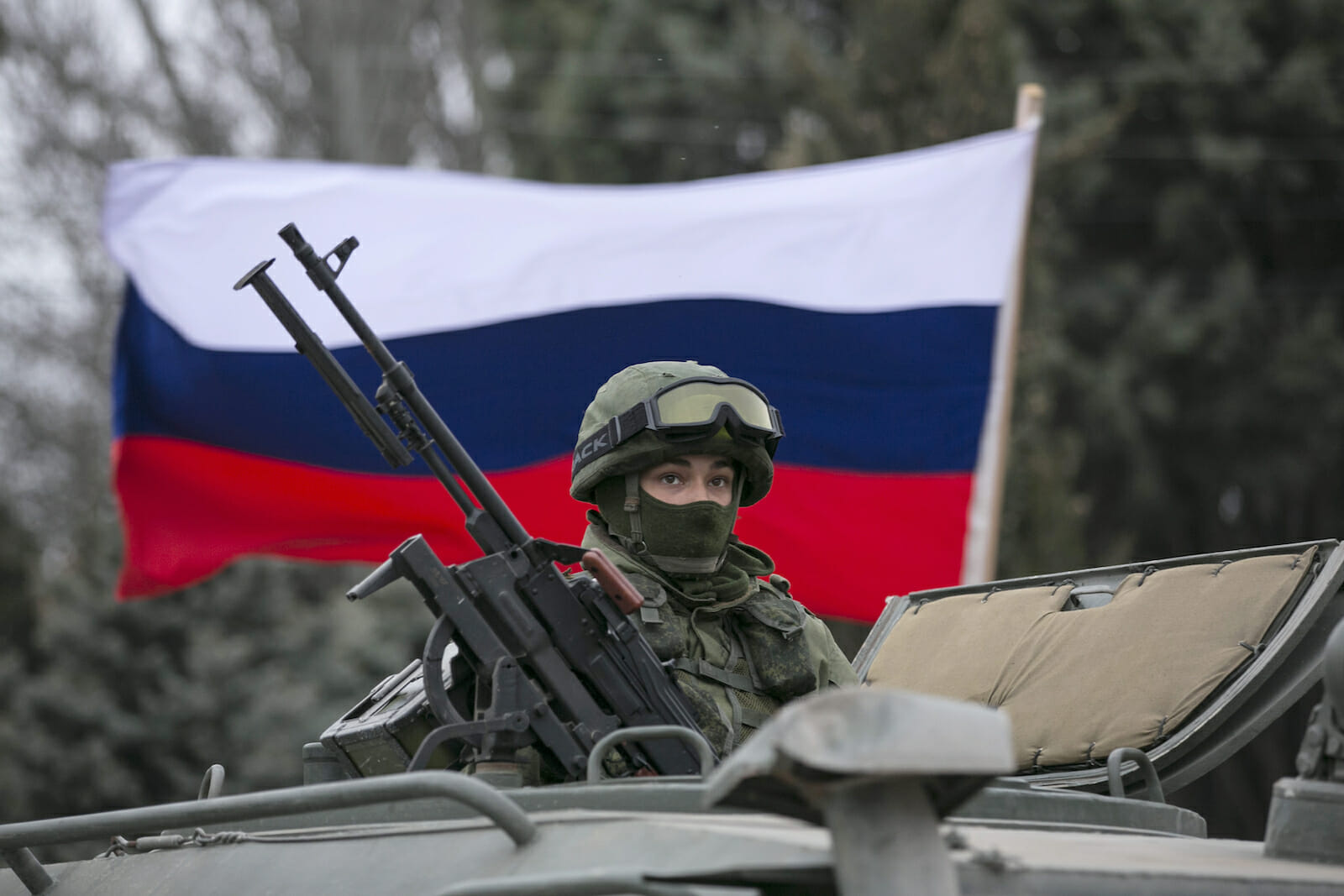
Mr. Putin’s Picnic in the Crimea
Very little can be said or should be said about the Russian annexation of the Crimea. The West, in total, handed the parcel over to the Russian President like a Boxing Day gift. I will not endeavor to call it appeasement. (That is the task of my more realist and conservative colleagues.) What I will say is that the United States facilitated the move by illustrating weakness. Not since the end of World War II or the end of the Cold War has the United States advertised disarmament in the manner of the Obama administration. This was punctuated by the declaration that a military response was not an option. In this regard, Vladimir Putin was and is free to take as many pieces of his Western European neighbors as he likes.
Liberal International Relations theorists will dispute this claim. They will argue complex interdependence will keep the Russian Bear at bay. Yet, the Russians took hold of the eastern part of Ukraine in a matter of days. Interdependence works both ways. It is clear that the European Union lacks the moxy to implement effective sanctions. This assumes that sanctions will even work.
In the meantime, Secretary of State John Kerry will run around Europe, pimping American power to the highest bidder, attempting to keep the U.S. fingers in the dam. It isn’t surprising that Kerry has not gotten much from his travels other than some out of date peanuts and a passenger’s pillow. The “interdependence” is asymmetrical in nature because of Russia’s stakes: natural gas and oil.
This chain of events goes back farther than many realize. When President Barack Obama renounced European Missile Defense, it was the perch of the zipper. The reduction of American forces and the president’s stance on military options sent a message: have no fear. The war-weary United States might welcome this position. Eastern Europe does not. The European Union is left in a quandary. The Europeans have the Common Security and Defence Policy (CSDP), formerly the European Security and Defence Policy (ESDP).
Aside from Barak Obama and his fortitude, that is what this situation is about: Europe and the European Union. It is time for the EU to create an effective (not aspirational) CSDP. As a whole, as a collective, the European Union is one of the largest economies in the world. Yet the Europeans remain one of the smallest investors in their own security. Their plan has to be more than using reserves and, then, calling the U.S. Army. It is about time for Europe to really matter.

